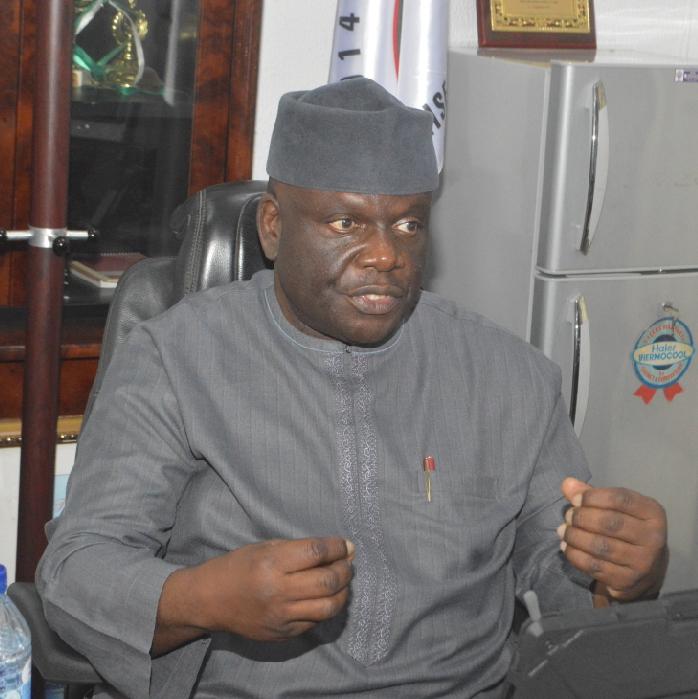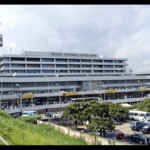
The Nigerian Civil Aviation Authority (NCAA) has lamented that it has not been able to attract and retain adequate technical personnel in sufficient number due to standard remuneration in the public sector, which is below what is offered such experts outside Nigeria’s shores.
Director General of the agency, Capt. Musa Nuhu made this known at the 25th Annual Conference and Awards, organised by the League of Airport and Aviation Correspondents (LAAC), held recently in Lagos.
Nuhu said that its incapability to attract and retain technical personnel was one of the major challenges confronting NCAA, noting that attracting and retaining these personnel was critical for effective oversight of the industry, but regretted that the agency’s salaries and wages were not competitive enough to entice personnel.
He, however, said that the challenge was not limited to Nigeria alone, describing it as a global menace affecting all Civil Aviation Authorities (CAAs) in different parts of the world.
“Sadly this is a finding in last ICAO Universal Safety Oversight Audit Programme (USOAP) Continuous Monitoring Approach (CMA). This problem is global and not peculiar to Nigeria as CAA’s salaries and wages are not competitive with that of the industry, a rival for the services of these technical personnel.”
Also, Nuhu observed that the emergence of the third wave of COVID-19, Delta variant was another challenge facing the aviation industry, but assured that the agency like others was up to the task to tackle the challenge
He noted that as the recovery from COVID-19 moves into full gear, NCAA while keeping a watch on the pandemic was shifting gears in repositioning towards the effectiveness and efficiency of its statutory function of its safety oversight.
Some of the actions taken according to him included the restructuring of the authority from eight to six directorates for a more responsive and flexible functionality, the automation of internal process through the implementation change management and acquisition of appropriate ICT systems, which he said was ongoing.
He also stated that the review and repositioning of the authority’s regional Offices as tool to ensure oversight coverage of the entire nation and bringing the authority closer to all stakeholders was also implemented within the period, stressing that ICT was also critical in ensuring the standardisation and quality of service across all regional offices.






